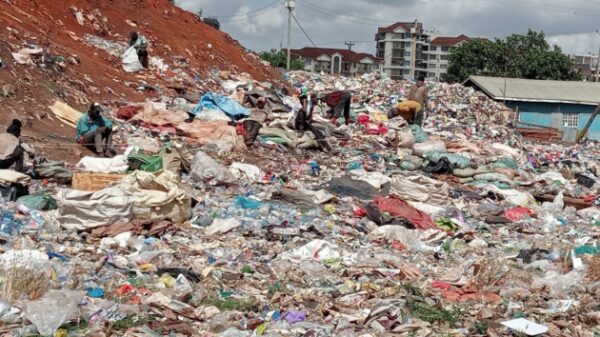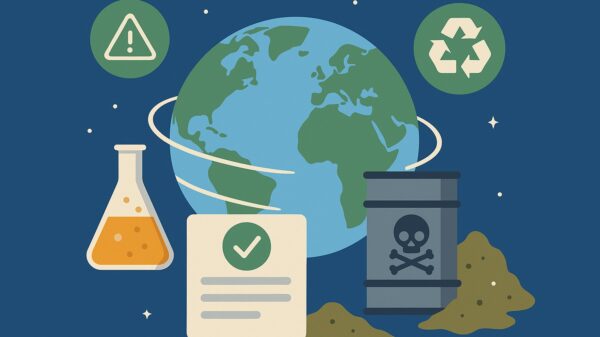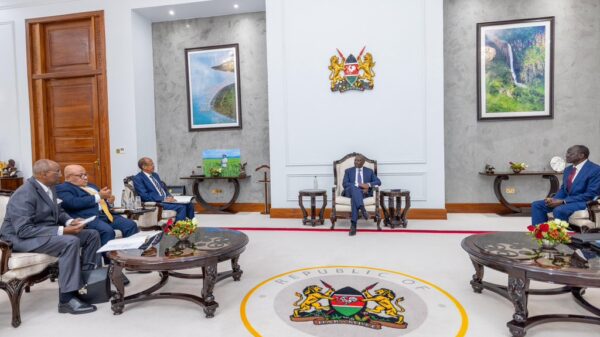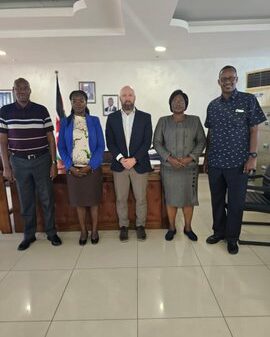VIENNA, Nov 6 – UN experts found "nothing to be worried about" during their first inspection of a previously secret uranium enrichment site in Iran, UN atomic watchdog chief Mohamed ElBaradei said on Thursday.
In an interview with the New York Times, International Atomic Energy Agency chief ElBaradei said inspectors had found "nothing to be worried about" at the site, which is being built inside a mountain near the Shiite holy city of Qom.
"The idea was to use it as a bunker under the mountain to protect things. It’s a hole in a mountain," ElBaradei told the newspaper.
A team of four IAEA inspectors flew to Iran on October 25 for a first visit of the site, a month after the revelation of its existence had triggered widespread outrage in the West, which suspects Iran is enriching uranium with an ultimate goal of using it to make atomic weapons.
Tehran strongly denies the charge.
Iran has already been enriching uranium — in defiance of three sets of UN sanctions — for several years at another plant in the central city of Natanz.
Enriched uranium produces fuel for civilian reactors, but in a highly extended form can also make the fissile core of an atomic bomb.
Tehran has said it decided to build the site in Qom as a fallback in case the plant in Natanz plant was bombed by, for example, Israel.
Until now, the IAEA has declined to comment on whether its inspectors found anything surprising at the site, or whether they were given full access to the site as well as access to the necessary documentation and individuals.
Details on the visit are likely to be included in the agency’s next report on Iran expected in mid-November.
Last month, ElBaradei brokered a deal between Iran, France, Russia and the United States to supply much-needed uranium to a research reactor in Tehran.
But while Moscow, Paris and Washington all quickly approved the plans, Tehran has said it wants some amendments and further talks before it agrees.
Under ElBaradei’s proposal, Iran will ship out most of its known low-enriched uranium — about 1,200 kilogrammes — to Russia for further enrichment. The material will then be turned into fuel by France.
"There’s total distrust on the part of Iran," ElBaradei said.
Some reports have suggested Iran wants to ship out the uranium piecemeal, not all at once.
But that was not the issue, ElBaradei said.
"The issue is timing: whether the uranium goes out and then some time later they get the fuel, as was agreed in Geneva, or whether it only goes at the same time as the fuel is delivered."
A simultaneous exchange "would not defuse the crisis, and the whole idea is to defuse the crisis," ElBaradei said.
Compromise proposals were being explored, the IAEA continued.
One would be to send Iran’s uranium "to a third country, which could be a friendly country to Iran, and it stays there. Park it in another state, then later bring in the fuel. The issue is to get it out, and so create the time and space to start building trust," ElBaradei said.

































